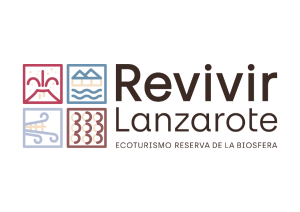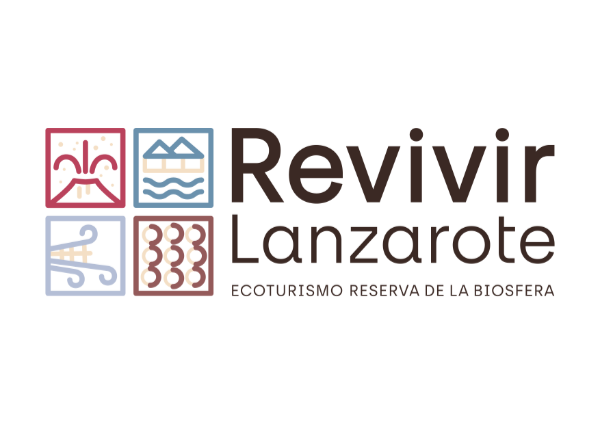Is this statement new? Groundbreaking? Negative thinking? Should we be worried or could we see an opportunity beyond this evidence? Why is it dead? What will happen afterwards, then?
These and more questions may come to mind upon reading this post’s title. It is obviously shocking, since, in the last few years, the definition that linked travelling to experience-based destinations was the most widespread one. So, why does it not work anymore? When a term or definition is use indistinctively for everything, it becomes distorted, just like how any sign of prestige loses its value if everyone has it. That it the problem of the (mistakenly named) experience tourism; we could say it died due to its own success. These reflections are supported by professionals like David Mora (consultant and tourism teacher) and Jaime Leon Andrés, former executive of Tui Spain and currently a travelling agent specialised in the creation of tourism packages.
If this is true, then what are we to do now? Well, thanks to the wonders of natural evolution, we face a whole new level of tourism: EMOTIONS TOURISM. David Mora himself has given it the name of EMOTOURISM and that name could not be more right. If we study the terms we are using, the etymology can give us a deeper understanding of the words:
Experience, from Latin experientia, is the fact of having witnessed, felt or known something. Experience is the way to acquired knowledge by living or observing. More precisely, this Latin word is composed of three different elements: the prefix ex, meaning “separation”; the verbal root peri-, which can be translated as “trying”, and the suffix –entia, which gives the word its agent quality.
Emotion, from Latin emotio, is a deep yet ephemeral variation of spirit or mood, which can be pleasant or not and present itself along with certain somatic shock. On the other hand, it also brings an interest full with expectation with which we participate in something that is taking place.
If we study both definitions from an emotional intelligence point of view, we would see that emotion is an affective state we experience, a reaction subjected to the environment and influenced by the experience. Emotions are one of our organism’s adaptive function to what surrounds us.
Therefore, what could truly make our business stand out is that it could aim directly at the client, like a bow throwing its arrows at a target, evoking emotions that will later carry positive feelings along with it, and after these clients go back to their daily lives, they can summon these memories again, which will bring back positive images of their trip to the destination or experience lived with our business.
- RELAX
- SOLIDARITY
- FULLNESS
- PEACE
- HAPPINESS
- FRIENDSHIP













No Comment
You can post first response comment.